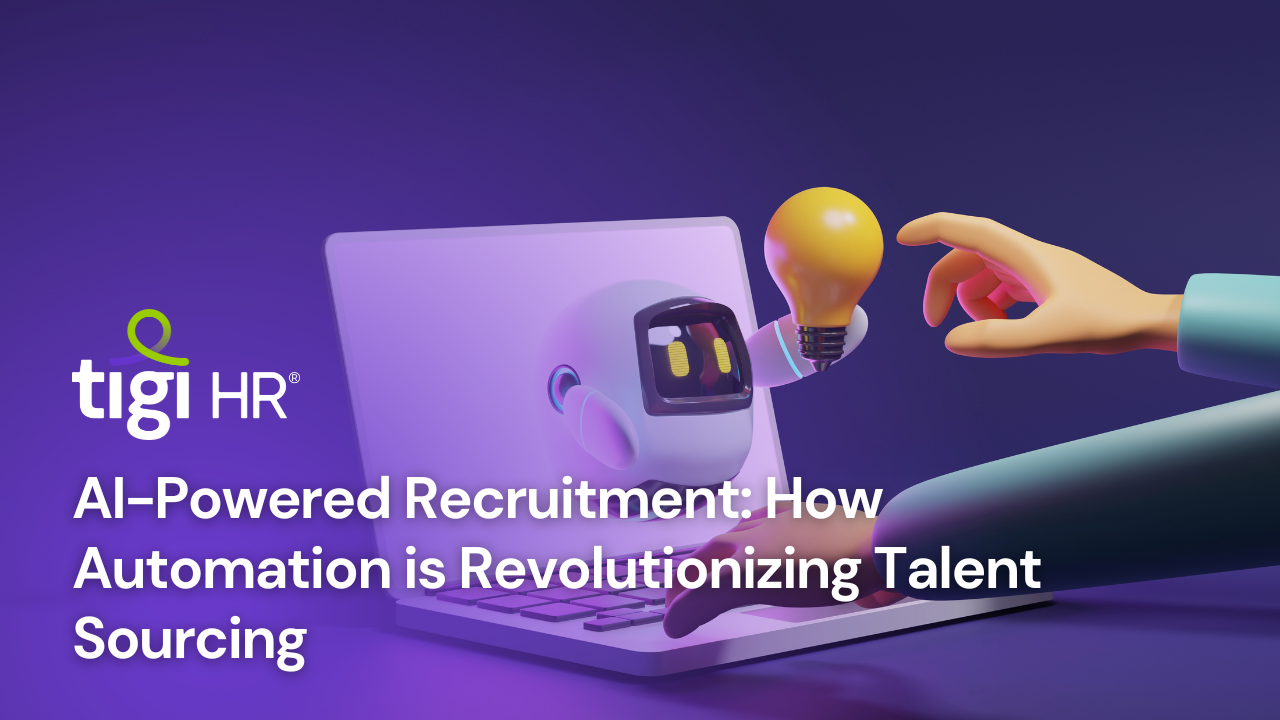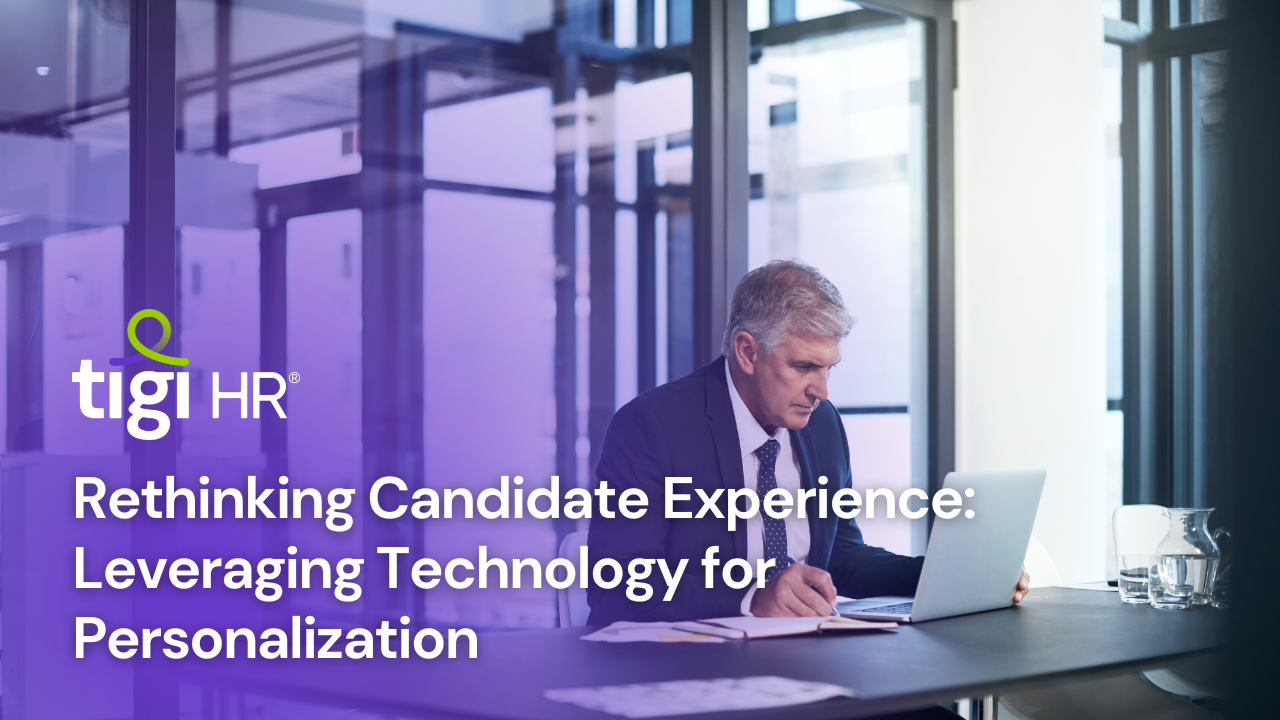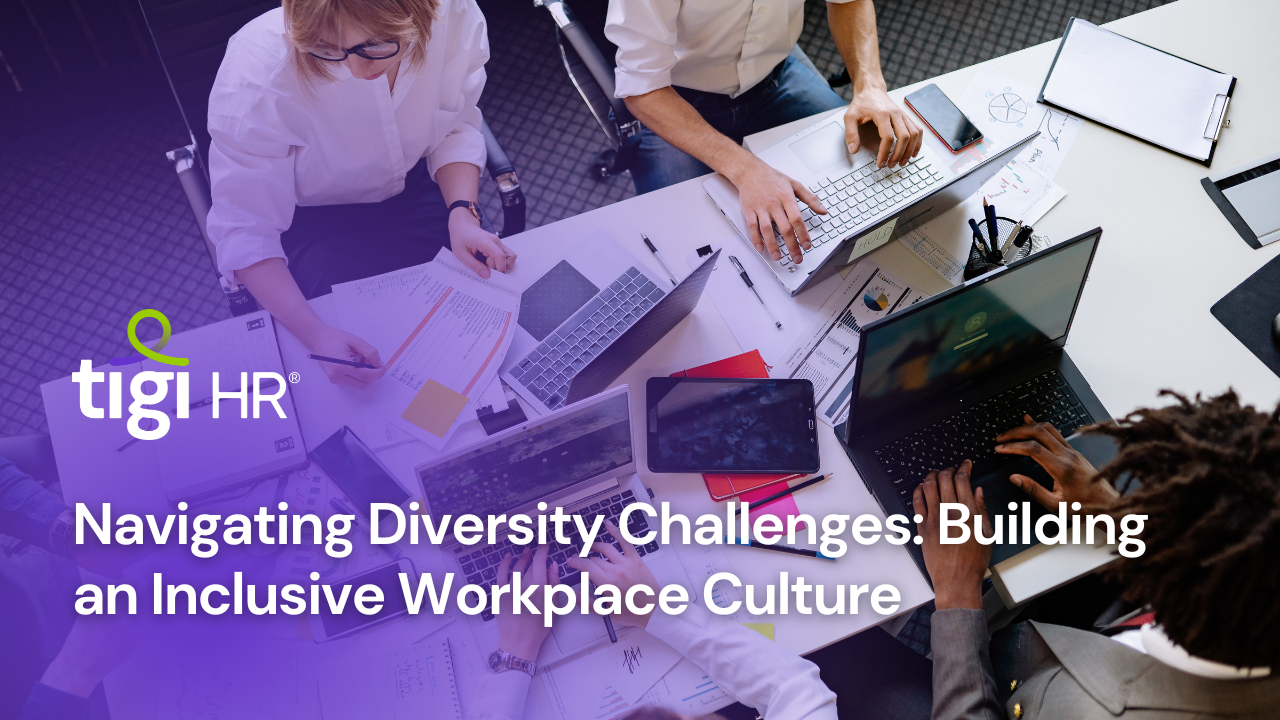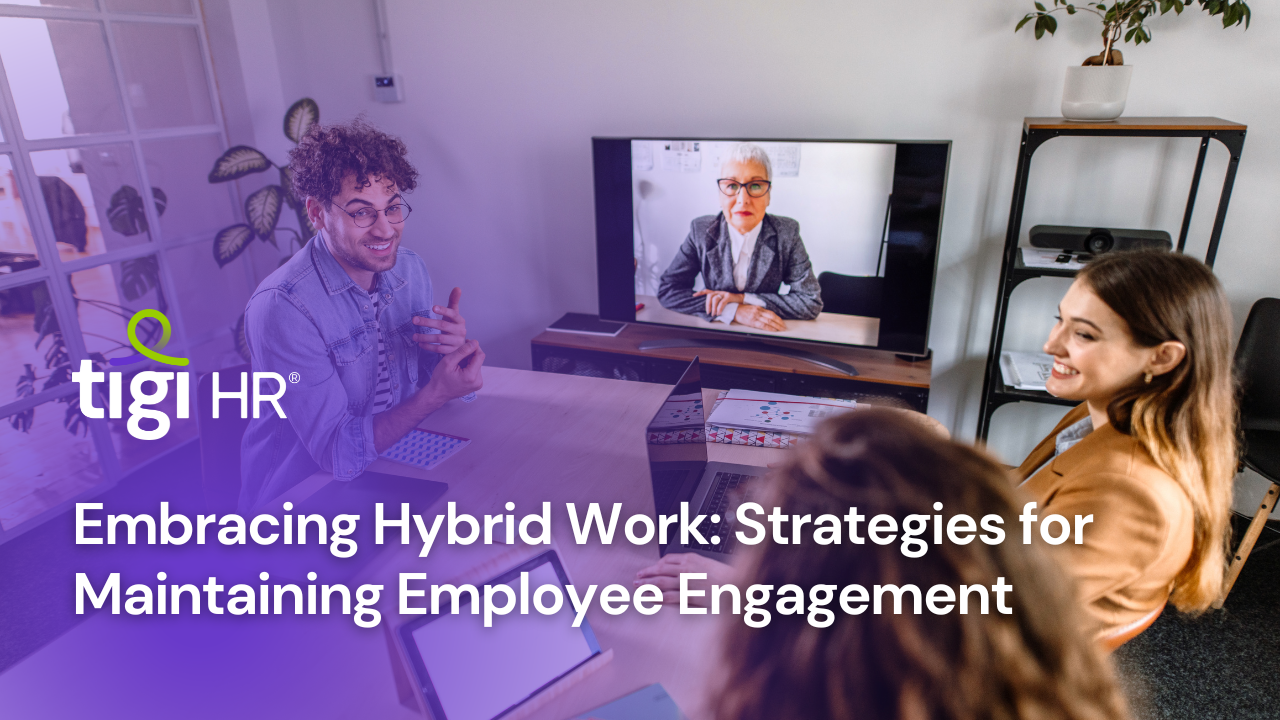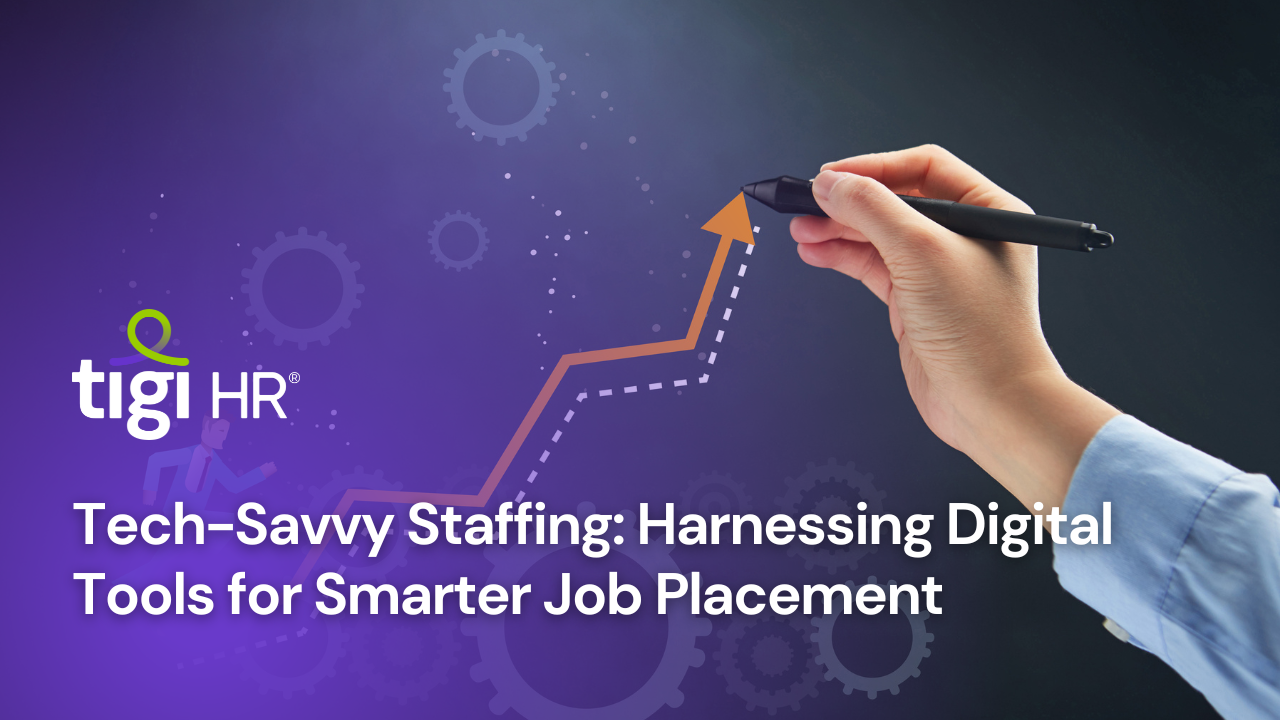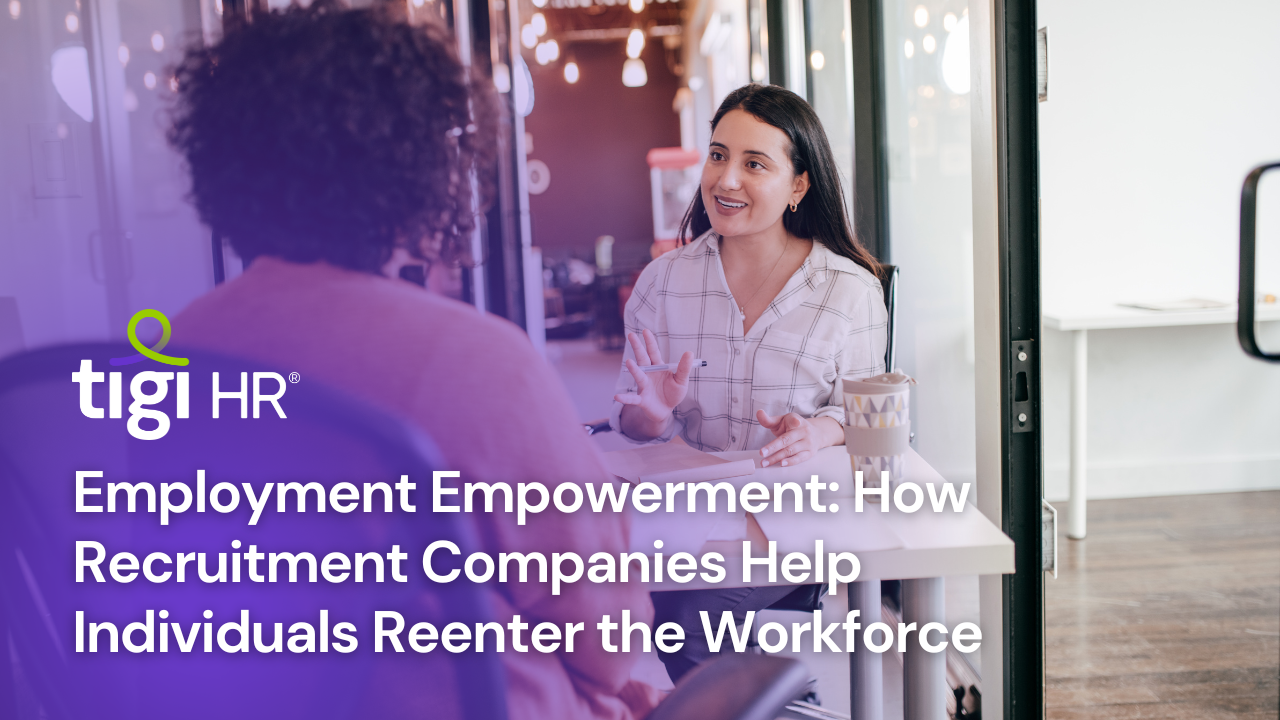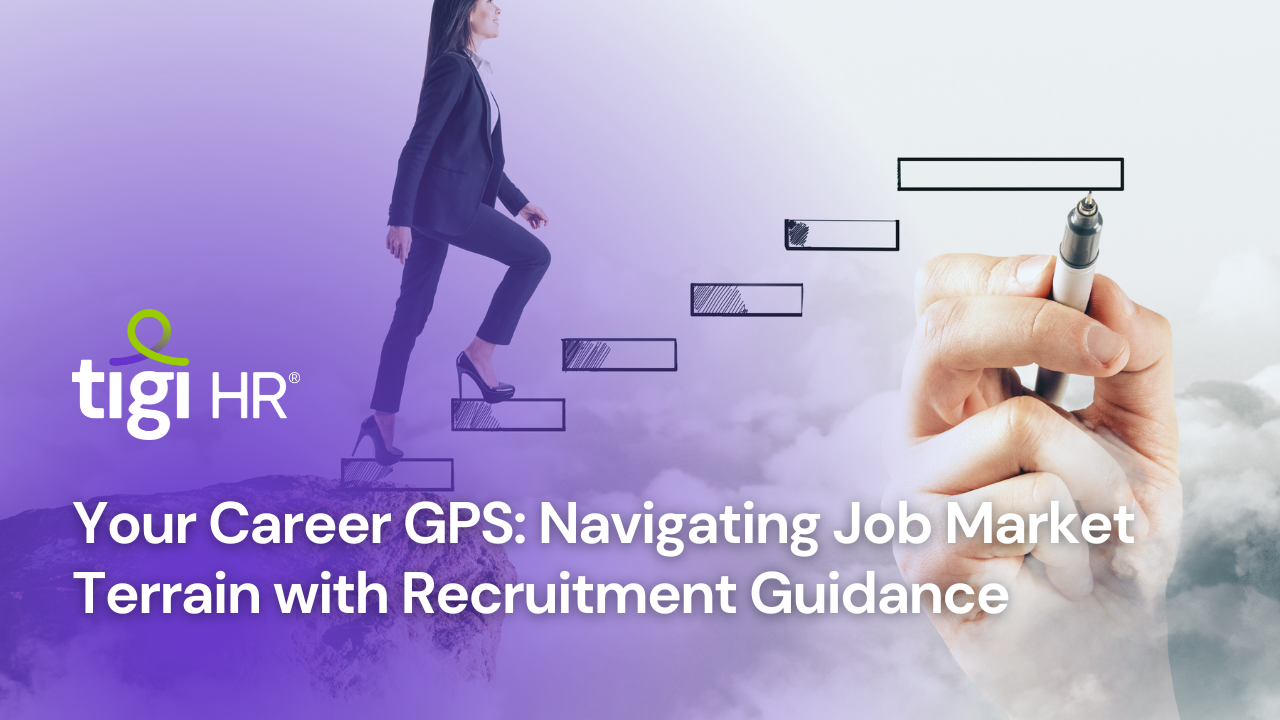In the tapestry of today’s workforce, diversity is not just a concept—it’s a driving force that shapes innovation, creativity, and success. Organizations that champion diversity and inclusivity not only stand out as magnets for top talent but also foster a culture of unity and growth. Yet, the journey to building an inclusive workplace culture is far from straightforward, often presenting a series of unique challenges. This article delves into the strategies that pave the path for overcoming diversity challenges and creating an environment that celebrates differences while nurturing unity and progress.
Diversity—the Multifaceted Gem
Diversity encompasses a kaleidoscope of differences, spanning gender, age, ethnicity, religion, socioeconomic backgrounds, and more. Organizations that harness the power of this diversity tap into a reservoir of perspectives that fuel innovation, enrich problem-solving, and ultimately enhance business performance. Statistics from [Diversity Impact Research] underscore this advantage, revealing that companies with diverse teams are 33% more likely to excel financially.
However, achieving an inclusive workplace culture goes beyond mere lip service—it demands intentionality, awareness, and a commitment to overcoming the hurdles that come with diversity.
Challenging Bias and Stereotypes
The subtle influence of unconscious bias and stereotypes can seep into the fabric of decision-making, inadvertently limiting opportunities for underrepresented groups. Addressing these biases requires organizations to offer diversity training that prompts self-awareness and challenges preconceived notions. This shift empowers employees to make unbiased decisions and treat all colleagues fairly.
According to [Bias Awareness Institute], organizations that invest in bias awareness training witness a significant 67% increase in the perception of inclusivity among employees. This underscores the role of education in dismantling barriers and forging an inclusive culture.
Equitable Hiring: The Foundation of Diversity
A genuinely diverse workforce begins with inclusive hiring practices. Organizations need to ensure that the recruitment process reflects a fair representation of candidates from varied backgrounds. Employing blind recruitment, where identifying information is withheld during initial screenings, can mitigate unconscious biases that often influence selection.
Insights from [Equitable Hiring Insights] illustrate that blind recruitment practices lead to a remarkable 20% enhancement in the diversity of new hires. This highlights the transformative impact of proactive measures in advancing diversity.
Inclusive Leadership: Catalysts for Change
Inclusive leadership is the bedrock of a harmonious, diverse workplace culture. Leaders who champion inclusivity set the tone for the entire organization. They actively engage in cultivating an environment where diverse voices are not only heard but valued. By fostering open dialogues, seeking feedback, and advocating for diverse perspectives, leaders drive transformation.
Studies from [Inclusive Leadership Research] underscore the significance of this, revealing that organizations with inclusive leaders experience a remarkable 50% increase in employee engagement and a 30% rise in team collaboration. This amplifies the pivotal role of leadership in shaping an inclusive narrative.
Conversations that Bridge Divides
Open conversations about diversity and inclusivity bridge gaps, fostering empathy and understanding among employees. Establishing safe spaces where employees can share experiences, ask questions, and engage in constructive dialogues fosters mutual respect and encourages growth.
According to [Open Conversation Insights], a resounding 80% of employees feel more engaged and connected to their workplace when open conversations about diversity are actively encouraged. This statistic underscores the positive impact of such dialogues on the fabric of workplace relationships.
Harnessing Employee Resource Groups (ERGs)
Employee Resource Groups (ERGs) serve as supportive communities for employees who share common backgrounds or identities. ERGs offer mentoring, networking opportunities, and platforms to address specific diversity-related concerns. These groups play a vital role in nurturing a sense of belonging and fostering acceptance.
Research from the [ERG Effectiveness Institute] highlights that organizations with active ERGs experience a 25% boost in employee satisfaction and a 20% rise in retention rates among underrepresented groups. This underscores the value of ERGs in fostering empowerment and a strong sense of community.
In Conclusion
The journey toward an inclusive workplace culture requires dedication, education, and a steadfast commitment. Organizations that embrace diversity as a catalyst for innovation and success stand to gain a workforce that is engaged, collaborative, and united. By challenging bias, promoting equitable practices, fostering inclusive leadership, encouraging open conversations, and harnessing the power of ERGs, organizations can create an environment where every individual’s contribution is celebrated. As the global workforce continues to evolve, organizations that champion diversity and inclusivity will not only attract top talent but also stand as beacons of progress in a world that thrives on uniqueness.


